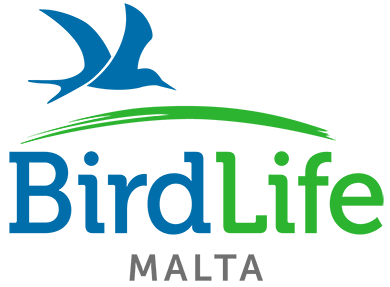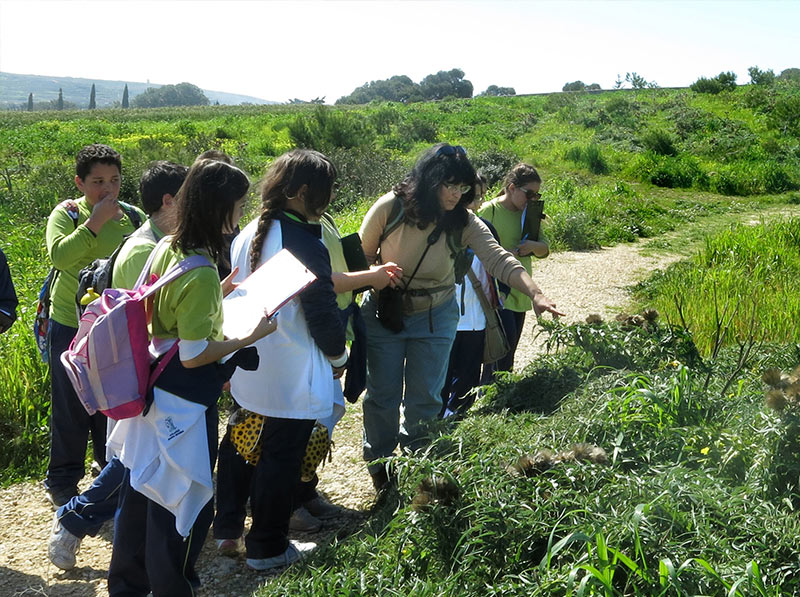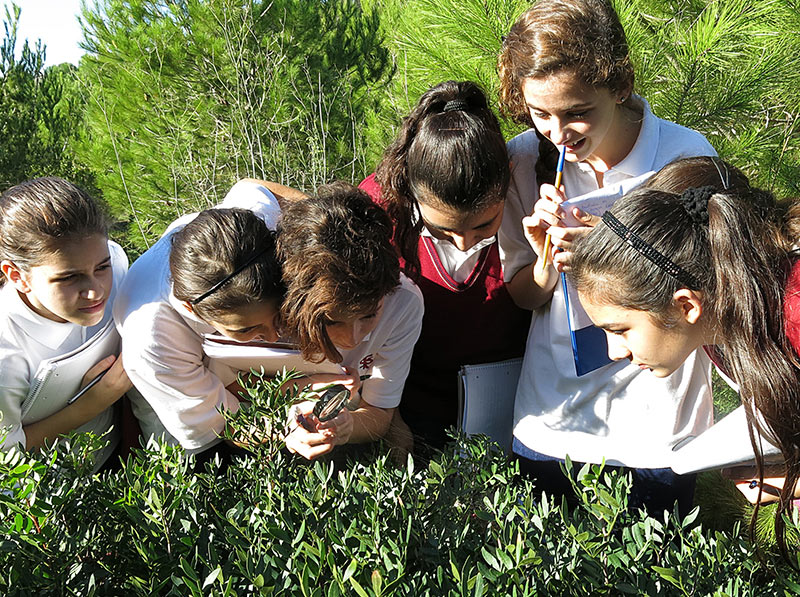



In 2012 BirdLife Malta celebrated the 50th anniversary of its campaigning, research and conservation work. Founded in January 1962 as MOS (Malta Ornithological Society), it is the oldest environmental organisation in Malta. BirdLife was instrumental in the creation of the Għadira and Is-Simar nature reserves.
BirdLife Malta is part of an international network of fully co-ordinated ringing stations and National Ringing Schemes that have been indispensable for the efficient management of scientific bird ringing in Europe.

Our school projects remain a top priority because of our belief that inculcating a respect for nature at an early stage can prevent future environmental degradation and abuse.
BirdLife Malta is a partner of BirdLife International, a conservation organisation operating in over one hundred countries and territories worldwide.
The initial aim of BirdLife Malta’s Environmental Education Programme was to raise awareness about environmental protection and nature conservation among schoolchildren and equip them with tools to address these issues. Education in schools first started with the distribution of materials with conservation messages in the 1970's. In 1994 this was developed to become an entire programme for primary schools - complete with teacher's guide, resources and awards - that tackled not one subject but a variety of wildlife and environmental issues. This programme was called Dinja Waħda and is now implemented in 80% of primary schools in Malta each year.
Education in primary schools will continue to be a priority for BirdLife Malta. However it has now been acknowledged that this is only one component of the education programme. As a direct progression of this programme, BirdLife Malta’s Education work aims to develop a learning pathway from Kindergarten through to Tertiary, of environmental biodiversity and sustainability education. In addition to this BirdLife Malta will create non-formal educational opportunities for a variety of key target audiences including youth groups, families, community groups etc. These non-formal opportunities will have objectives that include not only youth but also adult education to ensure that the connection with nature is maintained.
